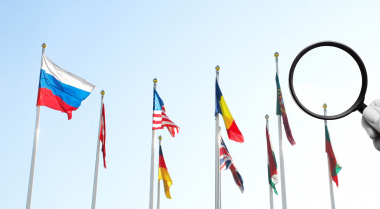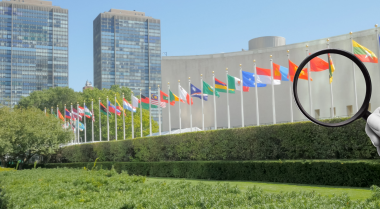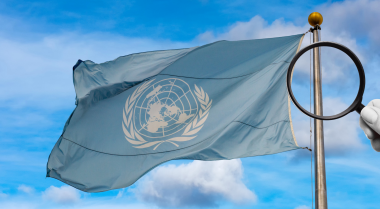
PBC Blog: To Prevent or Not to Prevent - The Peacebuilding Commission as a Potential Conflict Prevention Body
Conflict prevention addresses the root causes of conflict. Therefore preventive efforts must address a wider range of issues than traditionally addressed by peacebuilding such as climate change and human rights.
The idea underlying conflict prevention is inherent in sustaining peace. Sustaining peace, as the term implies, focuses on ensuring lasting peace, encompassing efforts across the peace continuum, from prevention to conflict to post-conflict reconstruction to peace.
Since the Peacebuilding Commission is a recognized leader that works on sustaining peace, it can only strengthen its leadership on sustaining peace by engaging with a wider range of issues, including prevention issues.
Recently, the Peacebuilding Commission has begun to engage on prevention issues, such as climate change and the COVID-19 pandemic. The PBC’s response to the pandemic has been particularly strong, holding five meetings related to COVID-19, with three meetings specifically addressing COVID-19 as a thematic issue.
The Commission’s engagement with climate change has been somewhat more sporadic as there has only been one dedicated meeting on climate change - not as an overall thematic issue, but specific to the Sahel. This is due to the fact that the PBC operates on a consensus-based approach that allows all Member States in the PBC to essentially veto topics they do not support.
Although the PBC’s engagement with issues related to prevention has increased, the depth and frequency of conversations on prevention topics are significantly lower than that of other more established issues, like financing for peacebuilding and women, peace and security.
Because prevention is a necessary component of sustaining peace, becoming a leader in sustaining peace requires becoming a leader on conflict prevention. For the PBC, this means engaging more deeply with prevention issues. This begs the question: if the Commission is not a conflict prevention-oriented body, then which policy areas should the Commission prioritize?


